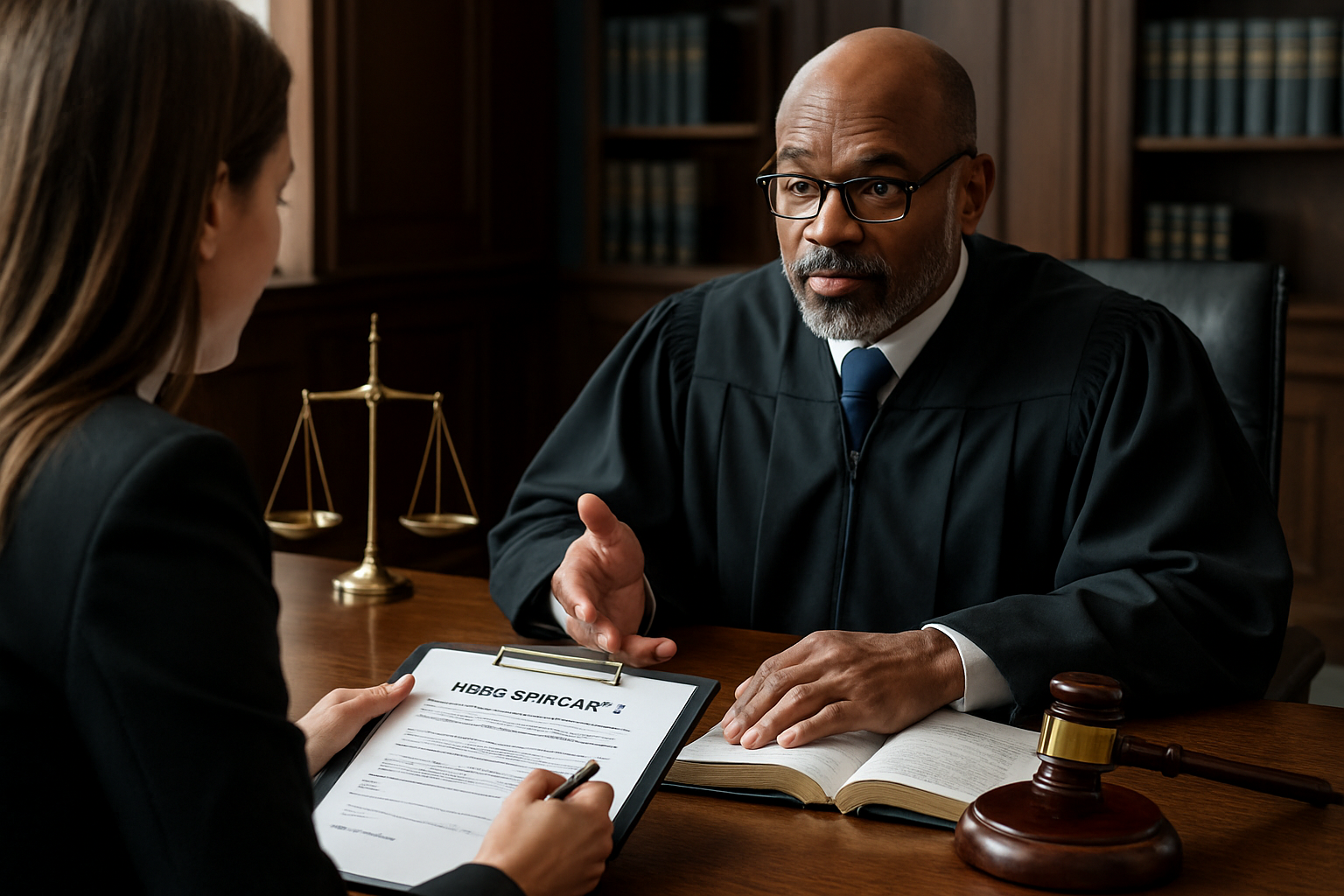Free Legal Help: How Pro Bono Lawyers Are Stepping Up for Those in Need
When legal troubles arise and finances are tight, many Americans don’t know where to turn. This guide explores how pro bono lawyers provide free legal support for those who qualify, what types of cases they take, and how you can connect with one in your area.

What exactly is pro bono legal work?
Pro bono legal work refers to services provided by lawyers without charge, typically for individuals or organizations unable to afford legal representation. The term “pro bono” comes from the Latin phrase “pro bono publico,” meaning “for the public good.” In the United States, many lawyers and law firms dedicate a portion of their time to pro bono cases as part of their professional responsibility and commitment to social justice.
Who qualifies for free legal help from pro bono lawyers?
Pro bono legal services are generally available to individuals who meet certain income criteria or fall into specific categories of need. Typical qualifications include:
-
Low-income individuals or families
-
Elderly people on fixed incomes
-
Veterans facing legal issues
-
Victims of domestic violence
-
Non-profit organizations serving disadvantaged communities
Each pro bono program may have its own specific eligibility requirements, so it’s essential to check with local legal aid organizations or bar associations for detailed information.
What types of cases do pro bono lawyers typically handle?
Pro bono lawyers handle a wide range of legal matters, focusing primarily on civil cases rather than criminal defense. Some common areas of pro bono practice include:
-
Family law (divorce, child custody, adoption)
-
Housing issues (evictions, landlord-tenant disputes)
-
Immigration matters
-
Consumer protection and debt relief
-
Civil rights and discrimination cases
-
Wills and estate planning for low-income individuals
-
Veterans’ benefits claims
While pro bono services cover many areas of law, they may not be available for all types of cases or in all jurisdictions.
How can I find and connect with a pro bono lawyer in my area?
Finding a pro bono lawyer can be accomplished through various channels:
-
Contact your local bar association: Many bar associations maintain lists of pro bono attorneys and can provide referrals.
-
Legal aid organizations: These non-profit groups often coordinate pro bono services and can help match you with an attorney.
-
Law school clinics: Many law schools operate clinics where students, supervised by licensed attorneys, provide free legal services.
-
Online resources: Websites like ABA Free Legal Answers and Pro Bono Net can connect you with volunteer attorneys.
-
Court-based self-help centers: Some courthouses have resource centers that can guide you to pro bono services.
Remember to gather all relevant documents and information about your case before reaching out, as this can help expedite the process of finding appropriate assistance.
What are some unique ways pro bono lawyers are making a difference?
Pro bono lawyers are innovating to reach more people in need and address emerging legal challenges:
-
Virtual clinics: Especially since the COVID-19 pandemic, many pro bono programs have launched online platforms to provide remote legal consultations.
-
Specialized task forces: Lawyers are forming dedicated groups to tackle specific issues like disaster relief, LGBTQ+ rights, and environmental justice.
-
Corporate partnerships: Some law firms are partnering with corporate legal departments to expand their pro bono reach and resources.
-
Technology solutions: Pro bono attorneys are developing apps and chatbots to provide basic legal information and triage cases more efficiently.
-
Policy advocacy: Beyond individual cases, pro bono lawyers are working to change laws and policies to address systemic inequalities.
How do pro bono services compare to other forms of legal aid?
Pro bono services are just one part of the broader legal aid landscape in the United States. Here’s how they compare to other options:
| Service Type | Provider | Key Features | Cost Estimation |
|---|---|---|---|
| Pro Bono Lawyers | Private attorneys and law firms | Full legal representation, typically for specific types of cases | Free |
| Legal Aid Organizations | Non-profit entities | Comprehensive services for low-income individuals, may have waitlists | Free or very low cost |
| Court-Appointed Attorneys | Government-funded | Available for criminal cases if defendant can’t afford representation | Free for qualifying individuals |
| Law School Clinics | Law schools | Supervised by licensed attorneys, may have limited availability | Free |
| Sliding Scale Attorneys | Private practitioners | Fees based on income, more flexible eligibility | Reduced rates, not free |
Prices, rates, or cost estimates mentioned in this article are based on the latest available information but may change over time. Independent research is advised before making financial decisions.
While pro bono services offer valuable assistance, they are often limited in scope and availability. Legal aid organizations and court-appointed attorneys may provide more comprehensive coverage for those who qualify, while sliding scale attorneys offer an affordable option for those who don’t meet pro bono criteria but still need reduced-cost legal help.
Pro bono lawyers play a crucial role in bridging the justice gap in America. By offering their expertise free of charge, these dedicated professionals ensure that legal representation is not a privilege reserved only for those who can afford it. As the need for legal assistance continues to grow, pro bono services remain an essential lifeline for many, embodying the legal profession’s highest ideals of service and equality under the law.




